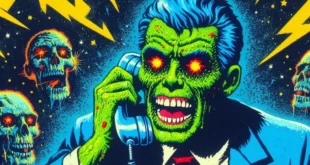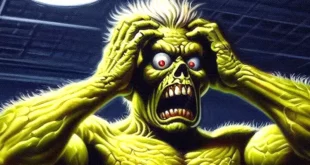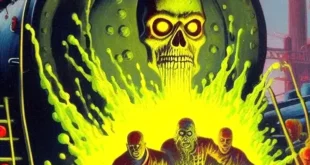I don’t think the government should regulate energy drinks. Some people need them if they’re working late or what not, and anyway, it’s not any of the government’s business.
However, these things do mess you up something nutty if you use them with regularity. It really gets to the point where it’s not much different than just taking Adderall, the way it messes with your sleep.
There’s really no reason why kids should be drinking these things, and they are largely marketed to kids.
Energy drinks could pose a risk to young brains, according to new research.
Those who consumed energy drinks — which are intended to boost energy through the use of caffeine or other stimulants — were shown to have a higher risk of mental health issues, including attention-deficit hyperactivity disorder (ADHD), depression, anxiety and suicidal thoughts.
…
“We have found an even greater list of mental and physical health outcomes associated with children and young people consuming energy drinks,” lead author Amelia Lake, professor of public health nutrition at Teesside University, told Fox News Digital.
“We repeated [the review] only to find an ever-growing evident space that suggests the consumption of these drinks is associated with negative health outcomes.”
The caffeine content of energy drinks ranges from 50 mg to 505 mg per serving, compared to 90 mg in 8.45 ounces of coffee, 50 mg in 8.45 ounces of tea and 34 mg in 16.9 ounces of soda, the researchers noted.
…
Erin Palinski-Wade, a New Jersey-based registered dietitian, was not involved in the new research but said its findings did not surprise her.
“Energy drinks are not a safe choice for children and no safe guidelines have been established for caffeine consumption in those under the age of 18,” she told Fox News Digital.
Caffeine has a half-life of six to eight hours, she noted — which means it takes that long for it to leave the system.
“Even small amounts of caffeine can impact quality and quantity of sleep, and poor sleep is directly correlated with a decline in both mental and physical health — in adults as well as children,” Palinski-Wade noted.
The Post is wrong about a half-life of six hours meaning “it takes that long to leave the system.” 505 mg of caffeine in a kid is insane; it would be healthier to just give them cocaine at that point, and it’s no wonder they’re experiencing ADHD and anxiety when consuming those amounts.
 Daily Stormer The Most Censored Publication in History
Daily Stormer The Most Censored Publication in History




